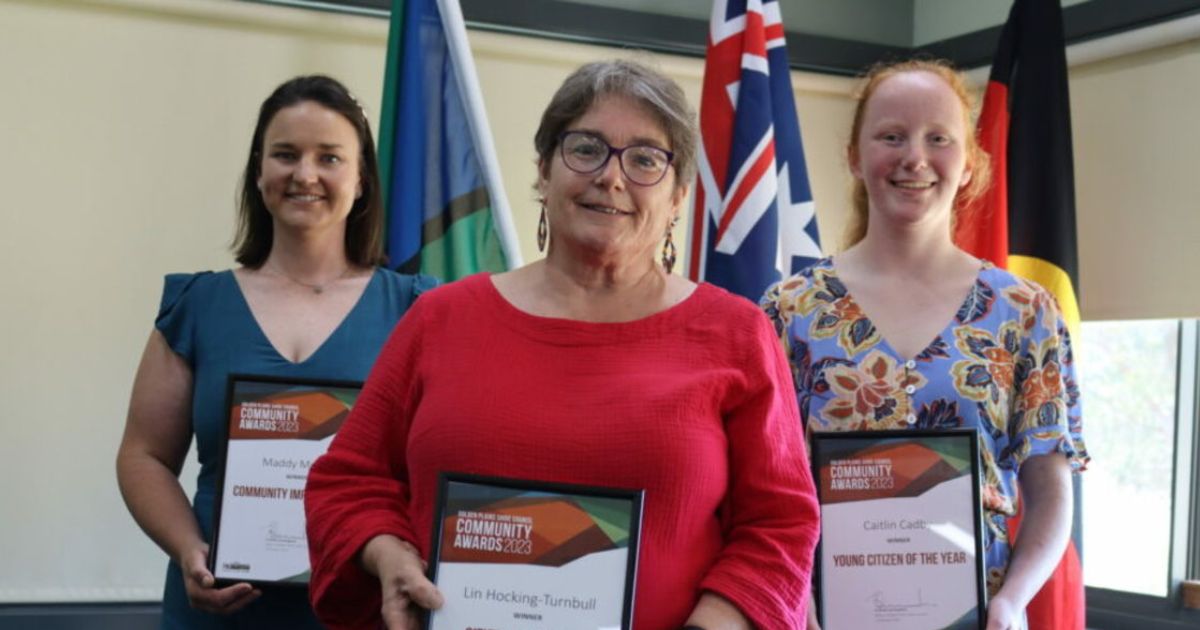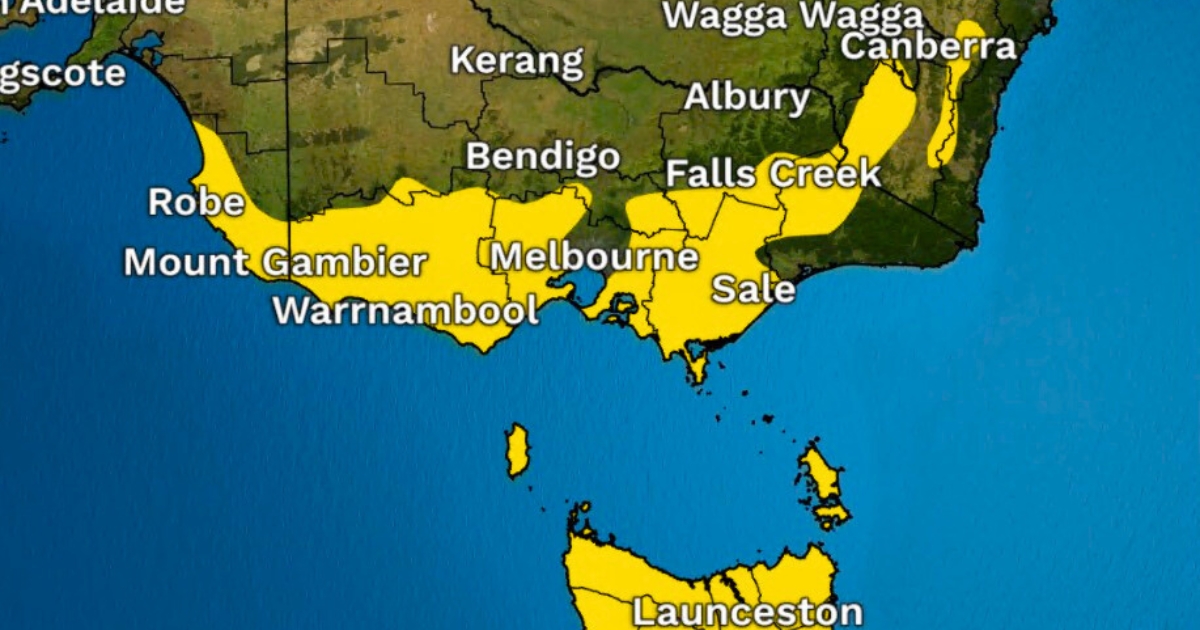From the desk of Roland Rocchiccioli – 29 December
What my late mother, Beria, didn’t know about chooks, including roosters, and the rearing thereof, you could have written on a pinhead with a six-inch nail. She was a right, regular Mrs. Steggles!
Together with her, I spent my childhood collecting the eggs; feeding her brood of Rhode Island Reds, Orpingtons, Plymouth Rock, and Leghorns a mixture of warm pollard and bran in the morning (“Ronnie – will you stop eating the chooks’ food!”, she would say if she spotted me having a finger-full straight-out of their bowl), and wheat, laying pellets, shell grit, and blood and bone in the afternoon; all the vegetable scraps – particularly the greens to keep their eggs bright yellow; changing their water (sprinkled with Condy’s crystals to prevent infection), and in the winter, cracking the ice when it froze-over in the desert nights (“Ronnie, how many times do I have to tell you? Don’t eat the ice off the chooks’ water. It’ll make you sick!” It never did); helping her wipe-down the chooks’ perches with kerosene and chooks with lard to keep the tick at bay; letting them out of the chook house in the morning and making sure they were in by sunset and their exit sealed to protect them from the foxes. On one occasion, Beria forgot. They killed fifty Welsummer roosters (“they taste better”) she had been rearing to sell at Christmas time – one pound each, fully dressed, and ready for the oven. The carcasses were scattered all over the backyard. Beria said, “They didn’t even eat them. They just killed them for fun, and drank the blood.” It was one of the rare occasions when I observed her defeated by life.
The Paravicini’s had a rooster which hated Clara, the daughter. Whenever she tried to visit the lavatory in the corner of the chook house, the rooster flew-down, landed on her head and pecked. He did it once too often. Mrs. Paravacini heard Clara screaming, ran into the chookhouse, grabbed the rooster, took to him to the chopping block and they had him with polenta for dinner the following night.
Beria could spot a sick chook from a hundred paces. Together with Puppy, the dog, who never harmed them, but did love to round them up, she would corner an ailing hen, give it a good dose of castor oil, rub it down with lard, and then lovingly nurse it back to health. Many a sick chick spent the first days of its life nestled in a shoe box lined with an old jumper, and resting on the open door of the oven for warmth. Polly, the bantam, followed her everywhere. She would stand inches away from Beria’s feet as she hung-out the washing on Saturday morning. If she sat in the cool under the passion fruit vines on the side of the house, Polly would fly-up onto her lap.
Once a week Beria swept-out the chook house and spread the collected manure on the vegetable garden and the grape and passionfruit vines. Every day during the summer, when the temperature rose above the century mark, Beria would hose down the chook house, especially under the large pepper tree, and fill a 6×8 feet tray with water, which the chooks would stand-in to cool their feet.
Every morning I woke to the crowing of roosters. Gwalia, 147-miles north-east of Kalgoorlie, had a population of about four-hundred and fifty. They were mostly Europeans, and they call kept chooks for eggs and Sunday dinner, invariably baked in a black metal camp oven. Beria had the legs sawn-off so that it fitted snugly into the oven of her wood-fired stove. A goldmining town, Gwalia moved at a measured pace; its routine regulated by the rising and the setting of the sun, and the regular time-blasts from the mine’s steam whistle. As the dawn broke over Mount Leonora, and the sun’s first rays bathed the shanty town in its amber glow, the locals woke to a roosters’ crowing fugue for tinhorns; the silence broken by a delightful cacophony of call-and-reply cock-a-doodle-doo, as reliable, but more agreeable, than the ticking, and the ringing, of any alarm clock.
For all those selfish malcontents, petitioning for the removal and banning of roosters from rural properties, I suggest you listen to John Rutter’s, For The Beauty Of The Earth, sung by the Cambridge Singers. If that doesn’t change your mind, then buggar-off back to the city. You’re not meant for rural life!
Roland can be heard Monday morning – 10.30 – on radio 3BA and contacted via [email protected].



















